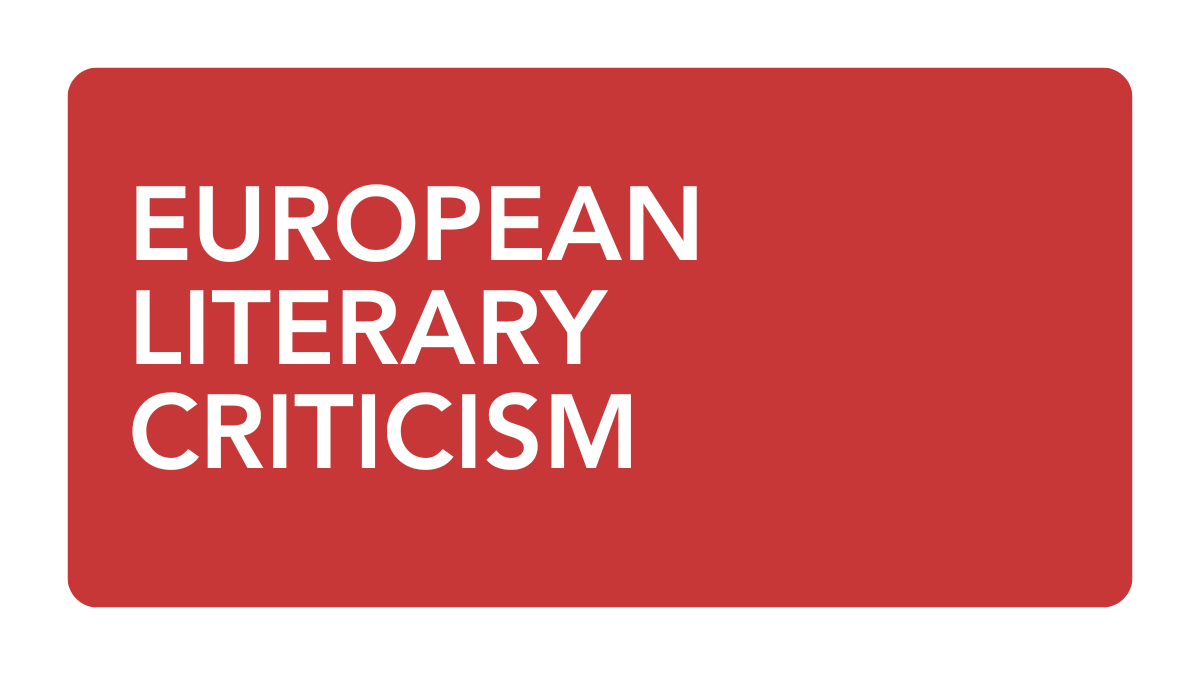Course Title: European Literary Criticism: From Plato to Postmodernism
Mode: Recorded Class
Instructor: Monami Mukherjee
Duration: 17 Sessions
Course Structure:
Class 1: Plato
Class 2: Aristotle
Class 3: Longinus
Class 4: Horace
Class 5: Sidney
Class 6: Dryden
Class 7: Wordsworth
Class 8: Coleridge
Class 9: Shelley
Class 10: Keats
Class 11: Arnold
Class 12: Eliot
Class 13: Brooks
Class 14: Richards
Class 15: Barthes
Class 16: Saussure, Derrida
Class 17: Foucault
Course Materials:
Recorded Video Lectures
Presentation Slide Decks (PDF)
Multiple-Choice Questionnaires (MCQs)
Question & Answer Resources
*All videos and PDFs are available for download from the designated OneDrive folder

